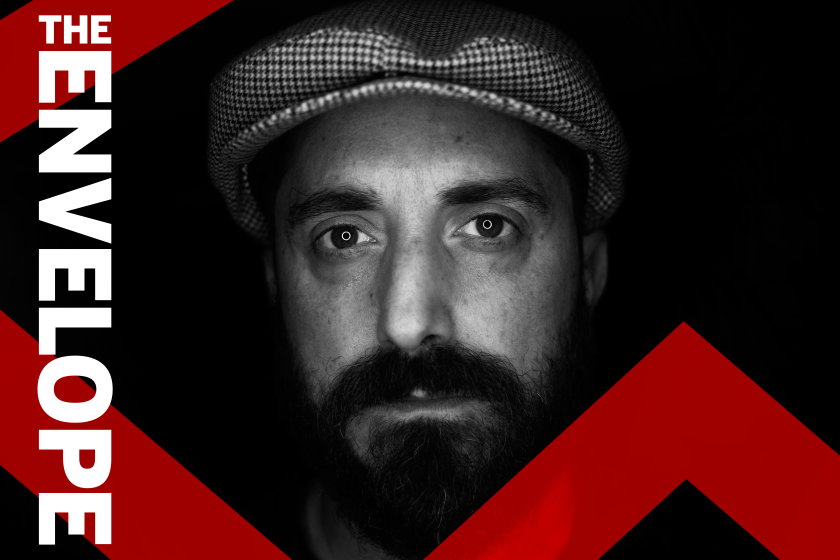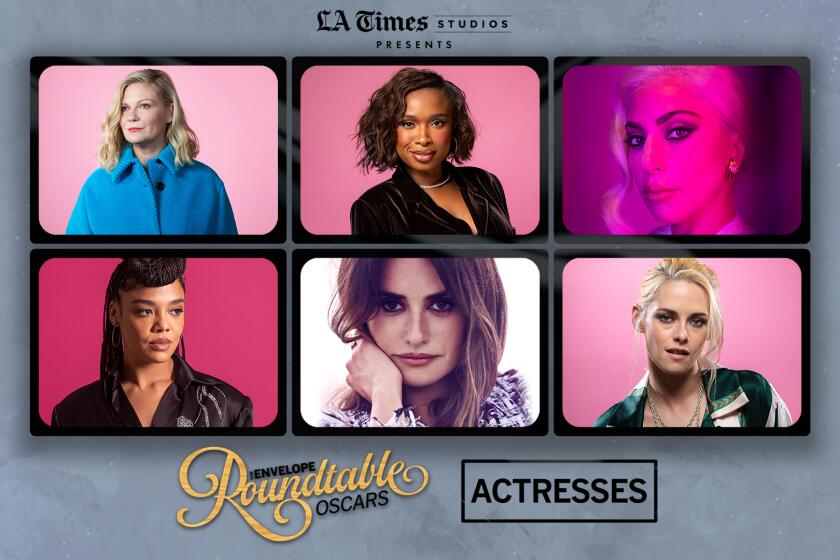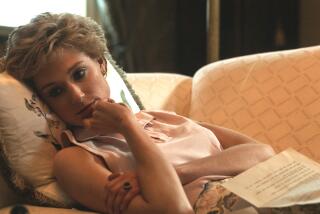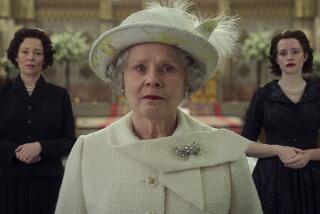Pablo Larraín’s ‘Spencer’ gives Princess Diana an ‘elegant prison’
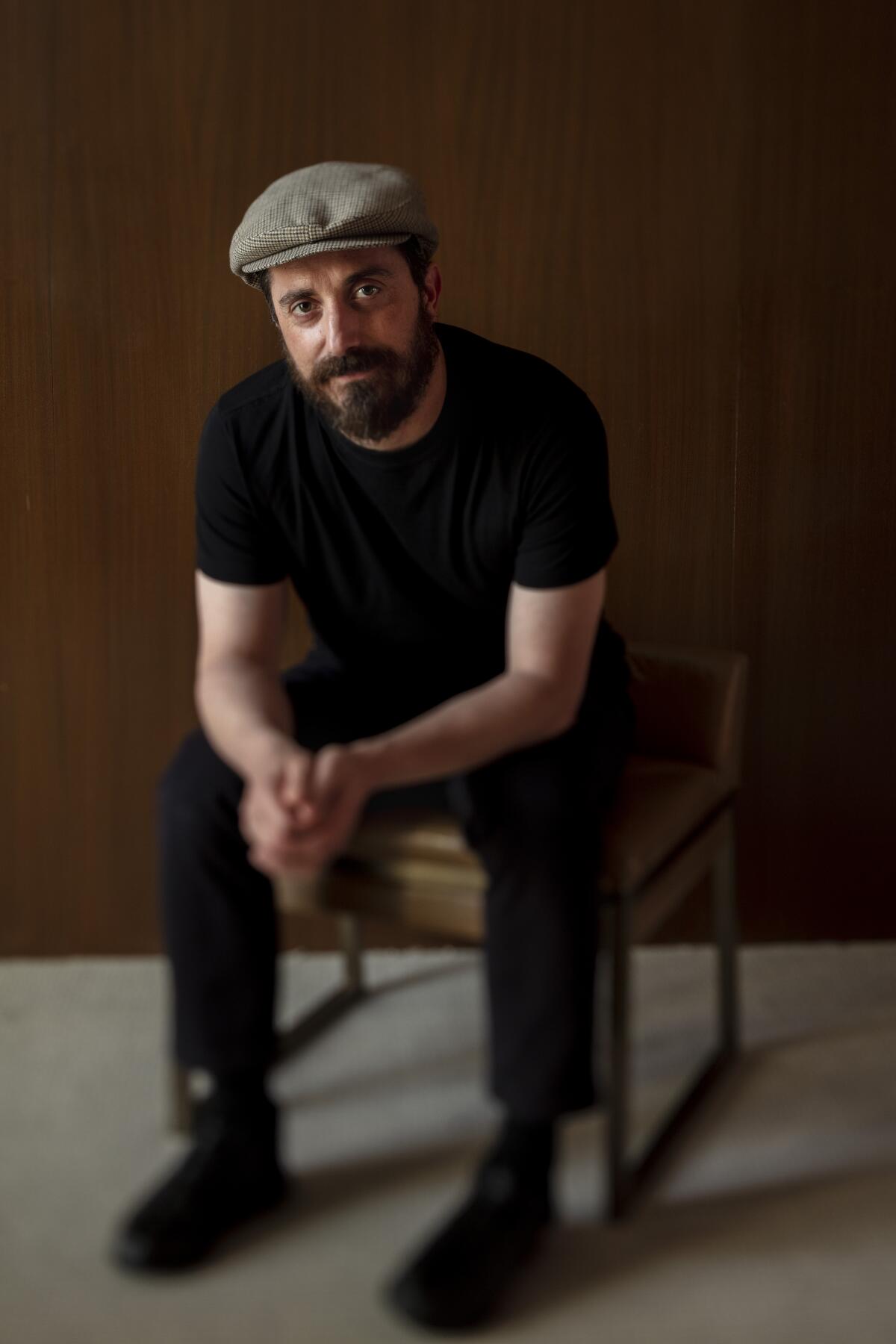
For critics of the British monarchy, “Spencer,” a speculative account of three days that Princess Diana (Kristen Stewart) spends with her icily aristocratic in-laws in 1991, has it all: tired rituals, laceratingly disapproving glances and eavesdroppers everywhere. But its Chilean director, Pablo Larraín, likes to think of “Spencer” and his award-winning 2016 drama, “Jackie,” in which Natalie Portman plays Jacqueline Kennedy, as part of a conversation he’s having with moviegoers about culture, fame and identity through the women at their center.
“For me, [they’re] like sisters somehow, or cousins, cinematically talking. They were both tied to powerful families, powerful men, were fashion icons and under the scrutiny of media all the time. They both shaped the 20th century in a way that’s intriguing and beautiful.”
“Spencer” unfolds at the queen’s country home during the Christmas holiday as Diana struggles to break away from her philandering husband and his oppressive royal family. Why this exact period?
I was trying to find a specific time in her life that could be reduced into just a few days. You can’t actually portray someone’s life in a movie. But what you can do is to find certain elements of humanity that we can all relate to. That’s what I think [“Spencer”] does. It’s not really about the problem itself, [about] deciding not to stay together. It’s about the consequences. And it’s very interesting, because that shaped the crisis she was going through.
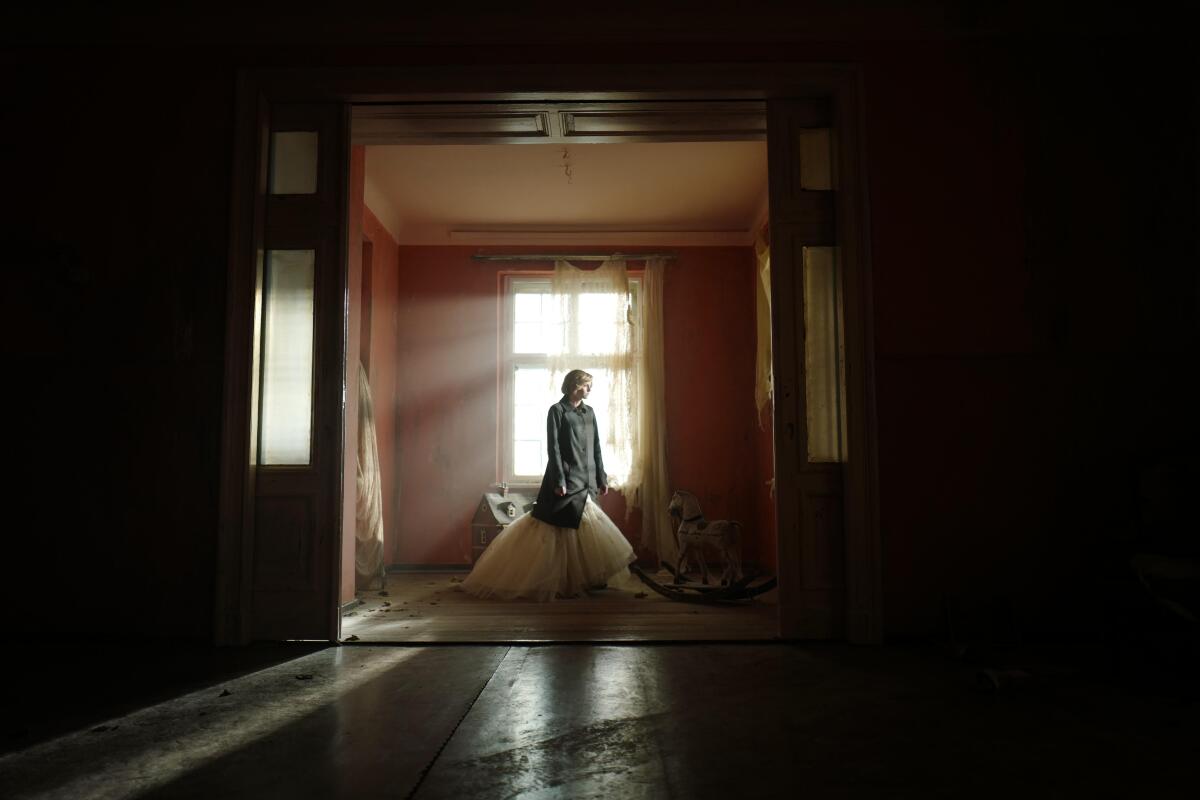
Did you watch emotional breakdown movies as prep?
When I mentioned [to Kristen] “A Woman Under the Influence” by John Cassavetes, she went, “Wow, that’s one of my favorite movies,” so I was like, “Let’s watch it again, then talk.” The characters aren’t really related. It’s just the energy and awkward mystery that [Gena Rowlands] has in that movie that we both really loved.
Larraín details the historical truths in his Princess Diana fable, explains the film’s handling of Diana’s eating disorder and relationship with her sons, and shares the moment on set when Kristen Stewart “lost it” in a good way.
Covid protocol notwithstanding, how did shooting “Spencer” during a global pandemic make for a different experience?
All the actors were around. They couldn’t go home. Especially the kids. Jack [Nielen], the one who plays [Prince] William, he’d come to set every day and say, “Hey, can I hang around?” So I had the kids sitting next to me, and they could see what we were doing.
Did that inform their performances?
I’ve worked with kids a lot. I’ve learned over the years that the actor playing the parent — in this case, Kristen — must connect with the kids outside of the set. That way, when they’re on camera, something truthful will happen. So Kristen hung around with those kids. A lot.
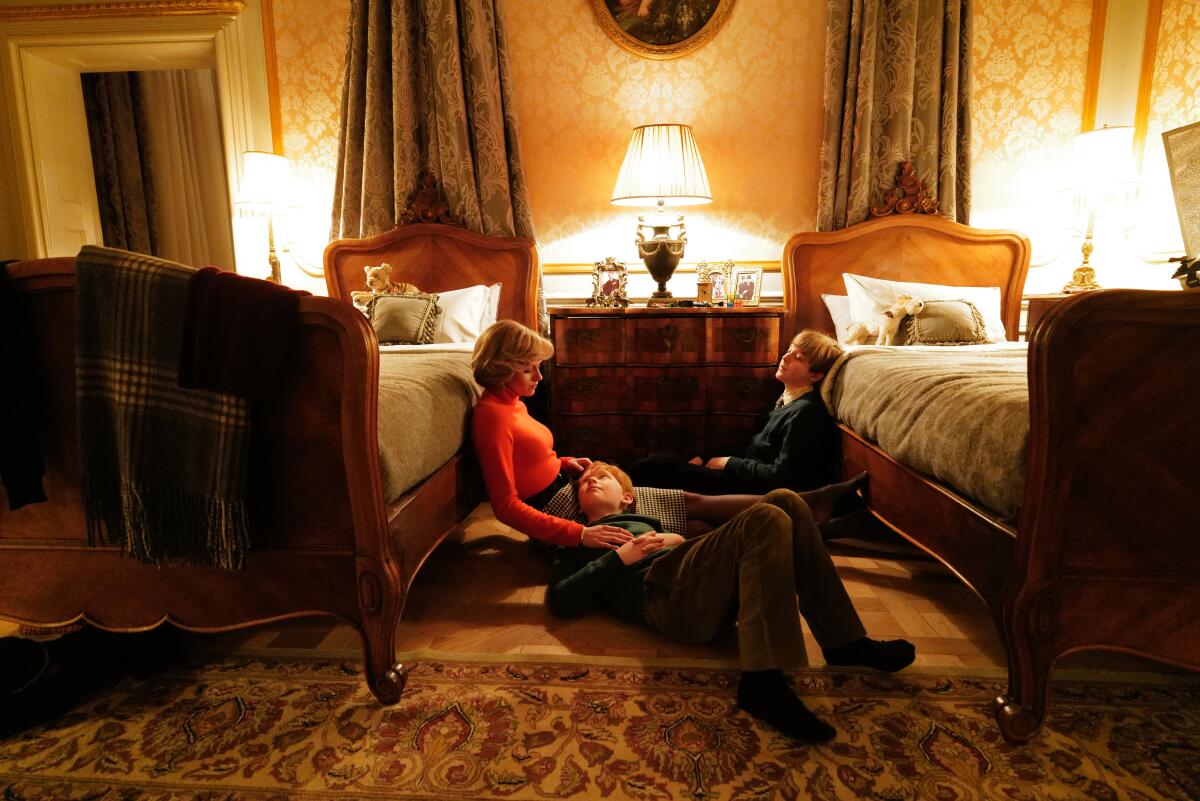
How did you find the kids who play the royal brothers?
We saw a lot of kids, then there was a shortlist. Then I had a Zoom call with three of them for each character. When I was with Jack, I started playing an improvisation game I called the Army Game. I’d say [barking voice] “What’s the color of your socks?” And he’d say, “Blue, sir!” [Barking voice] “How come you’re wearing blue?” And he’d say, “I don’t know, sir! My mum bought them for me!” It created a fun thing.
So you had it written into the script. Then what?
When we filmed it, the game got out of hand. Poor Kristen. Her process with the [dialect] coach was very precise; she’d rehearsed every word. But it became an improvisation where Kristen was off-script, doing the accent, and the kids were saying things they really believed. There’s a point where Harry asks William if he’d want to be the king, and he says, “I guess I have no option.” Then he looks at Kristen and says, “Would you want to be the queen?” and she says, “I’m your mum, and that’s my job.” That interaction is such a relevant scene for the movie. It made us understand what we were doing there.
Six actresses at the top of their game -- Penelope Cruz, Kirsten Dunst, Lady Gaga, Jennifer Hudson, Kristen Stewart and Tessa Thompson -- dive into how to get into character, on-set safety and how best to play drunk.
Talk about the location as a psychological space.
This is a movie that stays in her point of view. Inside the house or nearby, there’s very few staff members. The privacy is highly protected. The security is far from the house. When it comes to activities, the house is quite empty. You move around in this very lonely place, a space where nothing was friendly. It felt like an elegant prison, as [production designer] Guy Hendrix Dyas named it so graphically. And in there, the place would represent the mental extension of Diana’s perception of reality. I loved that idea, because we were making a movie about three days, but it could feel like we spent a year in that house.
How did you find the sprawling castle in Germany that doubles for the royal residence?
I wouldn’t want to disappoint you, but that location is just the exterior and a piece of the interior. The rest of the interiors were different castles, houses and palaces [all over Germany].
Because?
We needed to create a labyrinth, and that labyrinth required lots of other spaces. [Laughs] I might be killing the illusion for the audience, but that’s the truth.
More to Read
From the Oscars to the Emmys.
Get the Envelope newsletter for exclusive awards season coverage, behind-the-scenes stories from the Envelope podcast and columnist Glenn Whipp’s must-read analysis.
You may occasionally receive promotional content from the Los Angeles Times.
